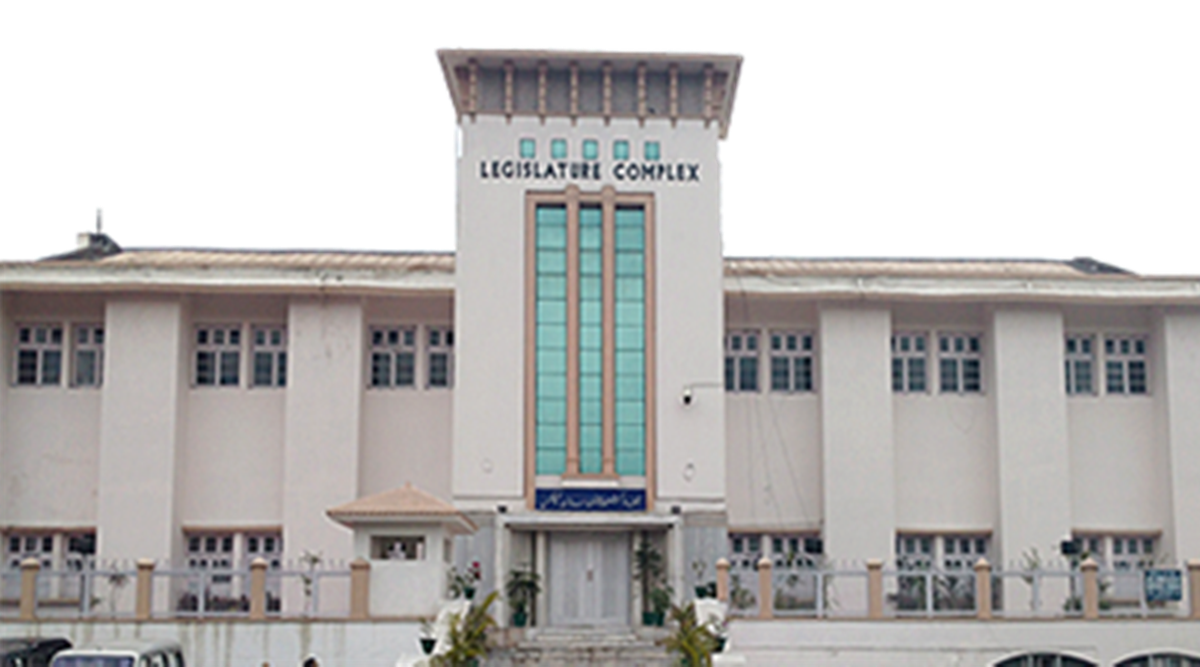Security Threats Loom Large: Militant Attacks Cast Shadow Over Jammu and Kashmir’s Assembly Elections?

Auqib Javeed, TwoCircles.net
Srinagar: More than a decade since Jammu and Kashmir regained the right to elect its own government, a wave of militant attacks in the Jammu region has cast a shadow over anticipated elections, plunging both the people and regional political parties into uncertainty.
On August 5, 2019, the Bharatiya Janata Party (BJP)-led central government revoked the region’s special status under Article 370, which granted limited autonomy to the former state and reorganized it into two union territories (UTs) – Jammu and Kashmir and Ladakh.
Following the abrogation of Article 370, security forces in the Kashmir launched extensive operations against militants and their supporters. Numerous local and foreign militants were neutralized in encounters across the valley, while their sympathizers faced incarceration. The heightened security measures compelled militants to explore new strategies, according to a former Army officer with experience in Kashmir.
In recent years, the region has witnessed attacks where over 50 soldiers and a dozen civilians lost their lives in gun battles spread across Rajouri, Poonch, Doda, Kathua, Udhampur, Reasi and other areas, highlighting the persistent volatility in the region.
On July 8, five Army personnel were killed and five injured in an ambush on their vehicle in the remote and hilly terrain of Kathua district. Just a week later, on July 16, an Army officer and three soldiers lost their lives in an encounter in Uran Baggi in the dense forests of Doda district.
These consecutive attacks have profoundly unsettled the entire security establishment in Jammu and Kashmir. The surge in militant activities comes at a critical juncture with assembly elections looming and scheduled tentatively for September. However, experts caution that the ongoing security challenges could potentially delay the elections.
Professor Noor Ahmad Baba, a political scientist from Kashmir, emphasized the need for the Centre to assess the situation carefully before deciding on the electoral process. “Elections were held during the peak of militancy in the 1990s, so unless the situation is deemed too severe by the government, I believe the elections in Jammu should proceed,” he remarked.
Contrarily, Zafar Choudhary, a political analyst and journalist from Jammu, believes that the Modi-led government is determined to proceed with the assembly elections after the conclusion of the Amarnath Yatra. “I don’t foresee the current security situation in Jammu deterring the government from conducting the elections,” Choudhary asserted.
It is noteworthy that the Union Ministry of Home Affairs (MHA), on July 12, made significant amendments empowering the Lieutenant Governor of Jammu and Kashmir under the Union Territory's Rules of Business.
The last assembly elections in Jammu and Kashmir were held in 2014, leading to the formation of a coalition government between the Peoples Democratic Party (PDP) and the Bharatiya Janata Party (BJP). However, due to irreconcilable differences, the coalition dissolved in 2018, resulting in direct governance by New Delhi through a Lieutenant Governor.
In December 2023, the Supreme Court directed the Union government to conduct elections in Jammu and Kashmir by September 30, 2024, and restore its statehood promptly.
Despite the electoral process being initiated, the recent spike in militant attacks has cast a shadow over the eagerly awaited elections, leaving the populace and regional political parties in turmoil.
Junaid Ahmad, a businessman from Srinagar, expressed frustration, stating, “We have been awaiting assembly elections for a decade. It is our democratic right, and the central government must ensure they are held without further delay.”
Ahmad highlighted the significant voter turnout witnessed in the recent parliamentary elections across Kashmir, demonstrating the people’s faith in democracy. “Now, the government should respect the Supreme Court’s rulings and proceed promptly,” he added.
During the parliamentary elections, Kashmir recorded “record-breaking” voter turnouts across constituencies like Srinagar, Baramulla and Anantnag-Rajouri, with a voter percentage exceeding 58.46%.
Notably, even members of separatist organizations like Jamaat-e-Islami (JeI) participated in significant numbers in the elections.
The upcoming assembly elections hold profound significance in the former state, marking a return after a decade-long hiatus. However, Opposition parties accuse the BJP of attempting to sabotage the elections in anticipation of potential defeat.
The BJP, on the other hand, denies these allegations, asserting its determination to form its own government in Jammu and Kashmir, including the appointment of a Hindu chief minister in the Muslim-majority region.
It is essential to note that the decision by the right-wing party on August 5 to revoke the region’s special status under Article 370 remains deeply contentious among the people of Jammu and Kashmir.
